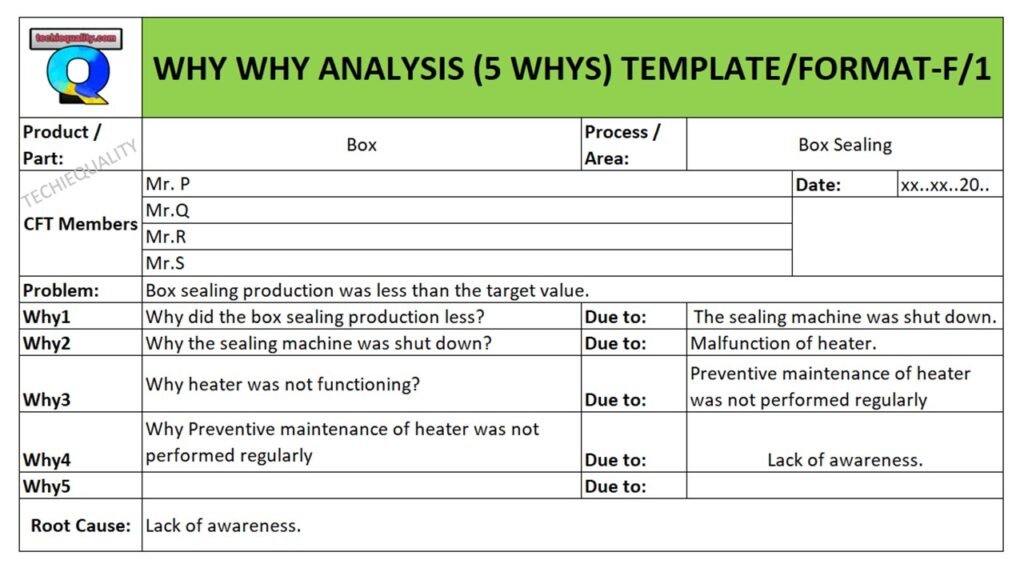Why CRM Became Mission‑Critical for SMBs in 2025, a shift driven by a confluence of technological advancements and evolving customer expectations. The very fabric of Small and Medium-sized Businesses (SMBs) underwent a radical transformation. The rise of remote work, fueled by cloud computing and enhanced connectivity, demanded centralized data management. Hyper-personalization, a customer service model that treats each customer as an individual, became the norm. Instant gratification, the expectation of immediate responses and solutions, further pressured businesses to adapt.
In 2025, CRM isn’t just helpful; it’s the lifeblood of SMBs, driving efficiency and growth. But with sensitive data at stake, security is paramount. That’s why choosing the right provider is crucial. Explore the importance of data protection and discover the best options for your business with Secure cloud CRM providers for USA companies Security First Approach , ensuring your CRM investment fuels success, not vulnerability, making it even more mission-critical.
This article delves into the crucial role of Customer Relationship Management (CRM) systems in this dynamic landscape. We will explore the core benefits of CRM, including enhanced customer relationships, improved sales performance, streamlined marketing efforts, and superior customer service. Furthermore, we will examine how CRM empowers data-driven decision-making, acting as a centralized hub for SMB operations. The critical aspects of data security, compliance, and the selection and implementation of the right CRM solution will also be analyzed, culminating in a discussion of how to measure the Return on Investment (ROI) of this essential technology.
In 2025, surviving as an SMB demanded a laser focus on the customer. CRM became mission-critical because it empowered businesses to understand their clients intimately. But even the best CRM needs the right tools; that’s where Customer Service Software Enhancing Support and Satisfaction. stepped in, amplifying CRM’s power. Ultimately, this integration solidified CRM’s role, ensuring SMBs could not just compete, but thrive in a hyper-personalized marketplace.
Why CRM Became Mission‑Critical for SMBs in 2025
The business landscape in 2025 has transformed dramatically, with small and medium-sized businesses (SMBs) facing unprecedented challenges and opportunities. Customer Relationship Management (CRM) systems have evolved from a helpful tool to an essential component for survival and success. This article explores the key reasons why CRM has become mission-critical for SMBs in this dynamic environment.
The Shifting Landscape of SMB Operations in 2025

Source: techiequality.com
Technological advancements have fundamentally reshaped how SMBs operate. Automation, artificial intelligence (AI), and cloud computing have become integral parts of daily operations.
- Technological Advancements: AI-powered chatbots handle customer inquiries, freeing up human agents for complex issues. Cloud-based platforms offer scalable solutions, allowing SMBs to adapt quickly to market changes. Predictive analytics help businesses anticipate customer needs and preferences.
- Impact of Remote Work: The rise of remote work has necessitated centralized data management. With employees dispersed, CRM systems provide a single source of truth for customer information, ensuring consistency and collaboration.
- Hyper-Personalization: Customers expect personalized experiences. CRM systems enable SMBs to tailor interactions based on individual preferences and behaviors, leading to increased engagement and loyalty. For instance, a coffee shop uses CRM data to send targeted promotions based on a customer’s past orders and location.
- Changing Customer Expectations: Instant gratification is the norm. SMBs must streamline their processes to provide immediate responses and solutions. CRM systems facilitate faster service delivery and order processing.
Core CRM Benefits SMBs Cannot Ignore, Why CRM Became Mission‑Critical for SMBs in 2025
CRM systems offer several essential benefits that SMBs can’t afford to overlook. These benefits directly contribute to improved customer relationships, enhanced sales performance, streamlined marketing efforts, and better customer service.
- Improved Customer Relationships: CRM systems centralize customer data, enabling SMBs to understand customer needs and preferences better. This leads to more personalized interactions and stronger relationships.
- Enhanced Sales Performance: CRM tools automate sales processes, track leads, and manage pipelines. This helps sales teams close deals more efficiently and increase revenue.
| Marketing Effort | CRM Contribution | Example | Benefit |
|---|---|---|---|
| Campaign Management | CRM helps segment customers and target specific groups with relevant campaigns. | Sending personalized email campaigns based on customer purchase history. | Increased campaign effectiveness and ROI. |
| Lead Generation | CRM tracks lead sources and identifies the most effective channels. | Integrating CRM with social media to capture leads from ads and posts. | Improved lead quality and conversion rates. |
| Marketing Automation | CRM automates repetitive marketing tasks, such as email follow-ups and lead nurturing. | Setting up automated email sequences for new leads. | Reduced manual effort and increased efficiency. |
- Better Customer Service and Support: CRM systems provide a centralized view of customer interactions, enabling support teams to resolve issues quickly and efficiently. This boosts customer satisfaction and loyalty.
Data-Driven Decision Making and CRM
CRM systems are invaluable for providing actionable insights that drive data-driven decision-making. They enable SMBs to understand customer behavior, optimize marketing campaigns, forecast sales, and manage resources efficiently.
- Actionable Insights into Customer Behavior: CRM systems track customer interactions, purchase history, and preferences. This data reveals valuable insights into customer behavior, such as preferred products, buying patterns, and engagement levels.
- Data-Driven Decisions: SMBs can use CRM data to make informed decisions about product development, marketing strategies, and customer service improvements. For example, a retail store might use CRM data to identify its most valuable customers and tailor its loyalty program to their needs.
- Optimizing Marketing Campaigns: CRM data can be used to segment customers and target specific groups with personalized marketing messages. This increases the effectiveness of marketing campaigns and improves ROI.
- Forecasting Sales and Managing Resources: CRM systems provide sales forecasts based on historical data and current pipeline activity. This helps SMBs manage their resources more efficiently, ensuring they have the right products and services available to meet customer demand.